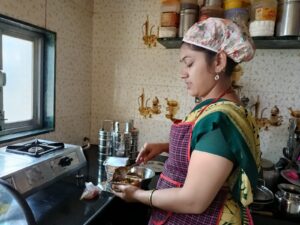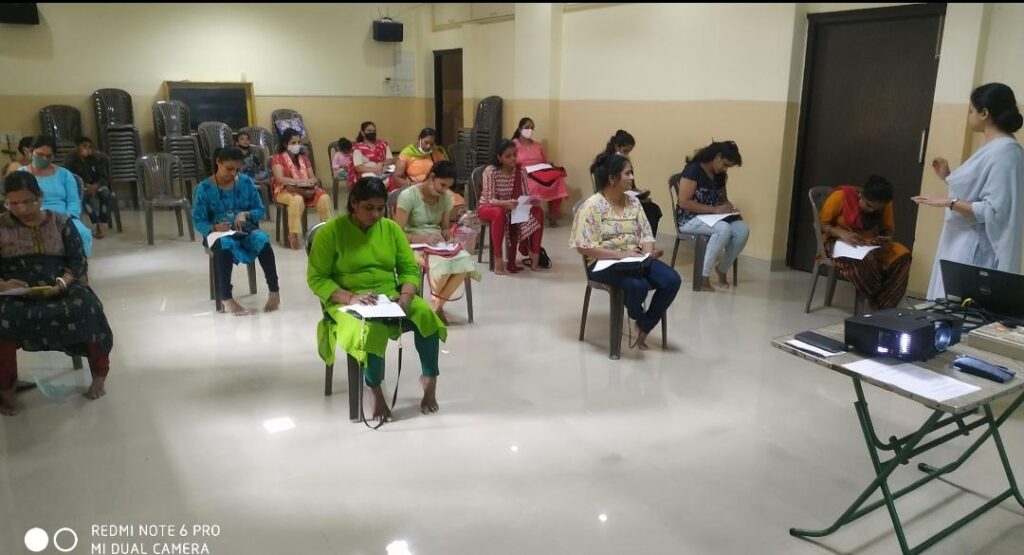Cabrini Center – Pagirinya Settlement, Uganda
After almost 4 years in Uganda we, Missionary Sisters of the Sacred Heart of Jesus Cabrini Sisters, as we are known around here, got a house for our work with women’s group. Having fixed it, the opening day come on 31st of March, with the presence of our Regional Superior, Sr. Diane Dalle Mole, Mr. Bongani Kumalo, who is helping us to structure our mission, The Scalabrini Priests, Fr John and Fr Walter, who blessed the place, and the representatives from all women’s Groups with their Coordinator, Arizio Tospita and many invited people.
As Catechists, Head- Teachers we, officially opened our new space dedicated to our most dear Mother Cabrini. This space is manly to develop a Project we took over in partnership with JRS (Jesuit Refugees Service) sponsored by Conrad Hilton Foundation, whose target is to empower 200 women with some training skills in order they can increase their income for their family and for education for their children. We started with 214 women, and we concluded the first part of the project in June, with 208 women (six of them went back to South Sudan).
Besides their economic activities, such as: Bed sheets and table clothes embroideries, making rosaries, Tailoring, making bar and liquid soap, they were trained in Business, they accompanied weekly by a Counsel and will start adult literacy for those who don’t know write and read. All the groups have already registered as Association in the District and opened their bank account to receive donation.
More than what they have achieved financially, in their relationship among the groups. Pagirinya Settlement is composed by many tribal groups who tried to gather together according to their tribes, and they didn’t know each other. Cabrini Center became a “place of unity” where all groups belong to a South Sudan as a Nation, living in Uganda, searching for a better way of life. It was beautiful the stories we heard at the evaluation time, at the end of June:
“Before Sisters arrived here, we didn’t know other people from other chapels. Each chapel lived in its world knowing nothing that was going on in others. Now, we are friends, companions and we are very happy to be with others”. (Mary Moya, St Madalene Chapel)
“I had never thought I was able to learn something new. I thought I was just able to raise children, going to the bush for firewood and grass to cover the house… but now, after being trained for 5 months I’m a tailor and this dress I’m wearing, I made it” and there was a proud of herself and her eyes were shining while she spoke. (Hanna, St Madalene Chapel)
“Before I came in to the women’s group I was very aggressive. Everyone around my house was a bit afraid of me. I used to fight for nothing… now, with the group I’ve changed a lot. I’m friend to everyone, I’m happier… my neighbors are asking: what has happened with this lady? This is the results of what we learned here, not just professional, but how to be human being”. (Nancy, St Kisito)
All these made all difference in our mission! Now, we start the 2nd part of our Project, with some small adjustments in order to give them more opportunities to grow as empowered women and also, financially. “All for the greater Glory of the Blessed Heart of Jesus

Making liquid soap

Making bed sheets

Tailoring group





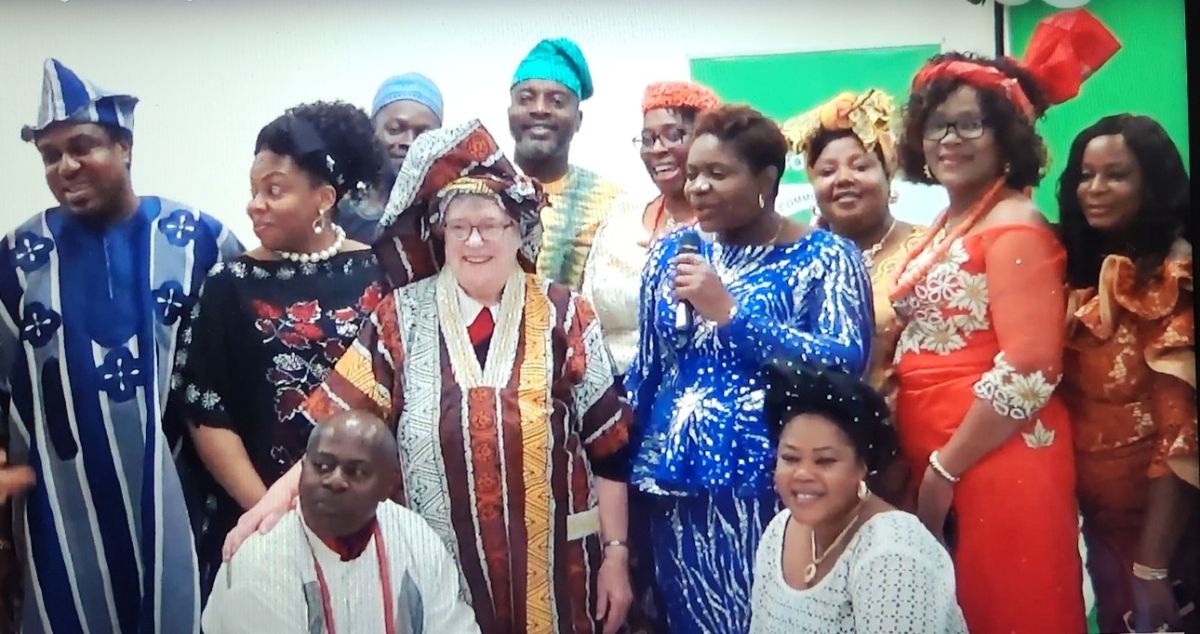
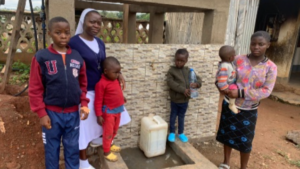
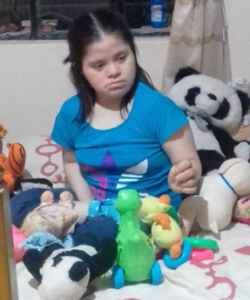
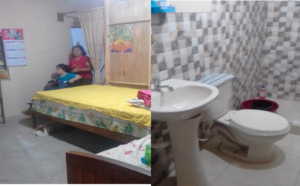

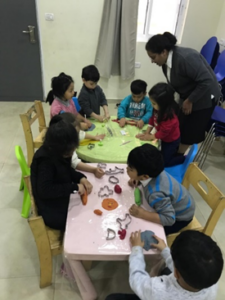 .
. 
